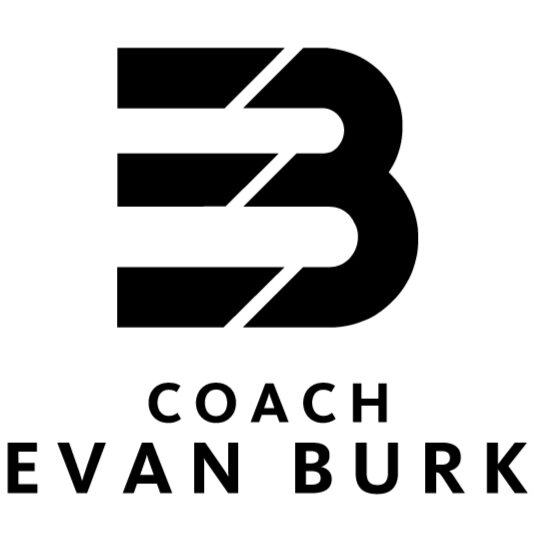7 Mistakes Recruits Make When Communicating with College Coaches
Establishing and building relationships with college coaches is one of the most important aspects of the recruiting process, yet many recruits fail to grasp that this encompasses every interaction they have with a coach. Here is a list of common mistakes to avoid when cultivating relationships with your recruiting coaches, and help put you in the best position going through the recruiting process.
1) Sending Emails that are not personalized
Avoid the "Dear Coach" emails. College coaches receive hundreds of emails a week, and it becomes easy to spot the ones that were copy-and-pasted. Take the 2 minutes to mention each coach you email by name, and specifically mention the school and add a line about how you visited the campus once or how you've heard wonderful things about the town/city the school is located in.
2) Sending Emails with the wrong information
It is shocking how often this occurs. There is ZERO chance Texas A&M is going to respond to a young athlete who emails their coaches about loving Austin! It's going straight to the trash bin. Recruits get focused on copy-and-pasting emails to as many coaches as possible that they neglect to realize they have sent 30 different schools exactly the same email only intended for one school. Please be sure to proofread every email you send out to a college coach or staff member. While it may not seem like a big deal, it shows respect and diligence to the school and coach.
3) Sending Emails/Twitter Mentions with just your highlight film link
Please do not do this. The point of communicating with coaches is to show them that you have the proper oral and written skills to succeed in college, and by simply pasting your hudl link into an email or twitter mention, you are neglecting an excellent opportunity to build the relationship with that coach. Introduction emails with your contact information and a short paragraph on your career in addition to your highlight link will be much more well received by college coaches.
4) Not reciprocating interest
It is a big deal to be contacted by a college, regardless of division. While you may have no interest in attending a certain school, being polite and simply responding when a school reaches out to you says a lot about your character and personality. If a school happens to be contacting you and you are no longer considering them, tell them that you are flattered, but you are going to be looking elsewhere for college options. Plus, there are no guarantees when playing athletics at the highest level. You never know when an injury or a coach leaving a school or getting a new job may put you back in contact with someone from earlier in the recruiting process. Treat everyone with kindness and honesty, and you will have no issues.
5) Persistence vs. Being rude
There is a very fine line here, and it requires each recruit and their families to display a bit of empathy for the lives of college coaches, which can be hectic to say the least. Some may not have had a chance to respond to your email or phone call, and some may just be avoiding you. In general, tone and frequency can go a long way in terms of hearing back from a coach or school. Contacting a coach once a week while expressing an understanding of the demands of his job will be well-received, as opposed to leaving voice mails twice a day demanding to be called back.
6) Not talking on the phone
Despite the fact that it is 2016 and everyone spends 6 hours a day on Snapchat or Instagram, the best way to communicate and develop relationships with coaches (without talking to them face-to-face) is talking to them on the phone. It is very hard for a recruiter to understand you and build a relationship with you if every communication is Twitter direct message or a text. Setting up phone calls to speak to coaches not only allows you the chance to ask questions about the school and program, but also allows that coach to see your personality and who you are as a person.
7) Being quiet or reluctant to talk when on the phone
Nothing can frustrate a recruiter or coach more than talking to a disinterested young man/woman on the phone. College coaches are extremely busy and if they take the time to call you, it is a huge indicator of their interest in you. Treat each phone call as a big deal, because it is an excellent opportunity for you to not only ask questions about the school or program, but also let the coaches get to know you outside of your sport.These are the most common mistakes made in communicating with college recruiting coaches today, but are by no means the only ones made by young athletes. Being recruited to play college athletics is a big deal, and as long as you treat it as such and give each communication the proper respect it deserves, you can easily avoid these common pitfalls in the recruiting process.
Photo by Brad Javernick of Home Oomph

